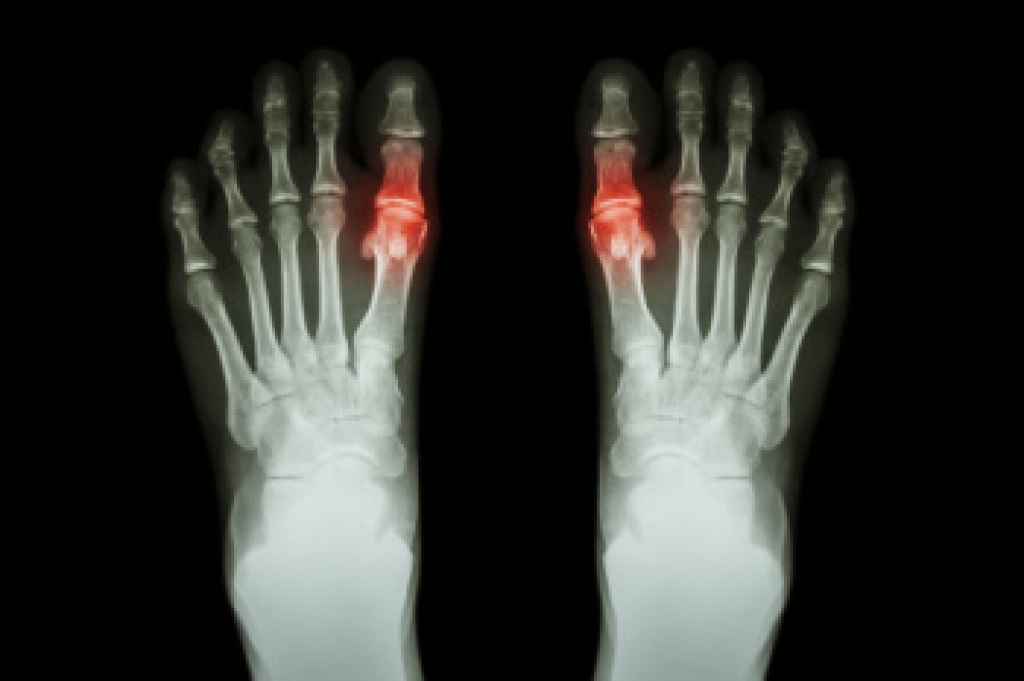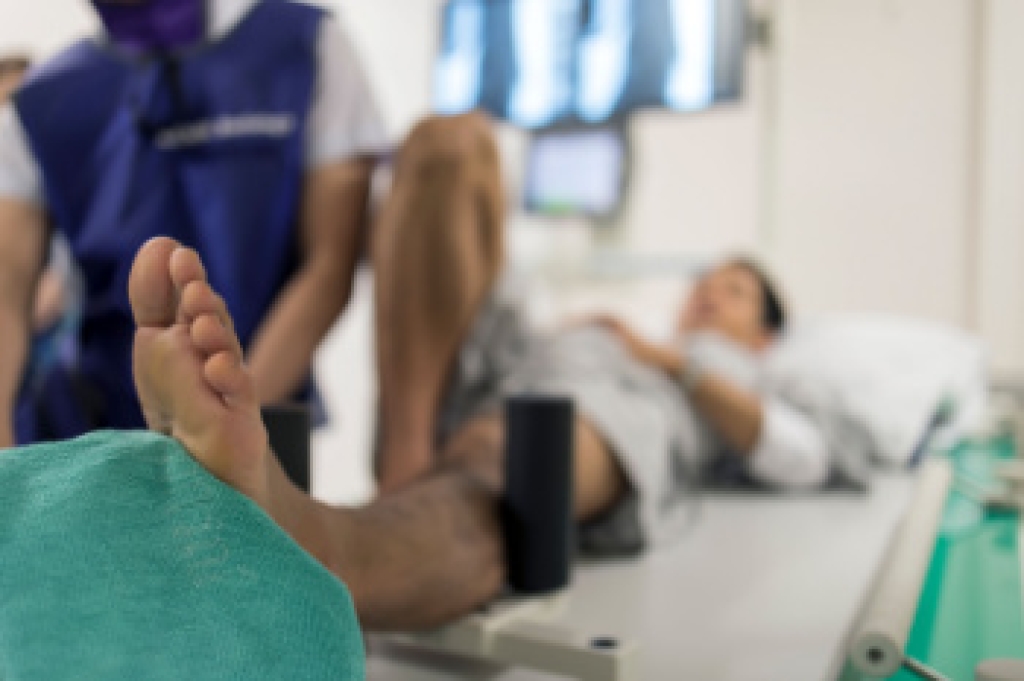
Strong, flexible foot arches play an important role in balance, comfort, and long-term mobility. Gentle daily stretching can help reduce tension and improve circulation in the muscles that support the arch. The towel stretch is an easy option that lengthens the plantar fascia and calf by gently pulling the foot toward the body while seated. Another effective technique is the ball roll, which massages the arch and helps release tight tissue by slowly rolling the sole of the foot over a small ball. While these stretches can be helpful, persistent pain or stiffness may signal an underlying issue. A podiatrist can evaluate foot mechanics, identify contributing conditions, and create a personalized treatment plan that may include custom orthotics or advanced care. If you have pain in the arch of your foot, it is suggested that you consult a podiatrist who can offer effective relief tips, which may include additional arch stretches.
Why Stretching Is Important for Your Feet
Stretching the feet is a great way to prevent injuries. If you have any concerns with your feet consult with one of our podiatrists from Ankle N Foot. our doctors will assess your condition and provide you with quality foot and ankle treatment.
Stretching the Feet
Stretching the muscles in the foot is an important part in any physical activity. Feet that are tight can lead to less flexibility and make you more prone to injury. One of the most common forms of foot pain, plantar fasciitis, can be stretched out to help ease the pain. Stretching can not only ease pain from plantar fasciitis but also prevent it as well. However, it is important to see a podiatrist first to determine if stretching is right for you. Podiatrists can also recommend other ways to stretch your feet. Once you know whether stretching is right for you, here are some excellent stretches you can do.
- Using a foam roller or any cylindrical object (a water bottle or soda can will do), roll the object under your foot back and forth. You should also exert pressure on the object. Be sure to do this to both feet for a minute. Do this exercise three times each.
- Similar to the previous exercise, take a ball, such as a tennis ball, and roll it under your foot while seated and exert pressure on it.
- Grab a resistance band or towel and take a seat. If you are using a towel, fold it length wise. Next put either one between the ball of your foot and heel and pull with both hands on each side towards you. Hold this for 15 seconds and then switch feet. Do this three times for each foot.
- Finally hold your big toe while crossing one leg over the other. Pull the toe towards you and hold for 15 seconds. Once again do this three times per foot.
It is best to go easy when first stretching your foot and work your way up. If your foot starts hurting, stop exercising to ice and rest the foot. It is advised that you then see a podiatrist for help.
If you have any questions please contact our offices located in Chicago, Elmhurst, Bartlett, IL and Chicago, IL . We offer the newest diagnostic and treatment technologies for all your foot and ankle needs.





